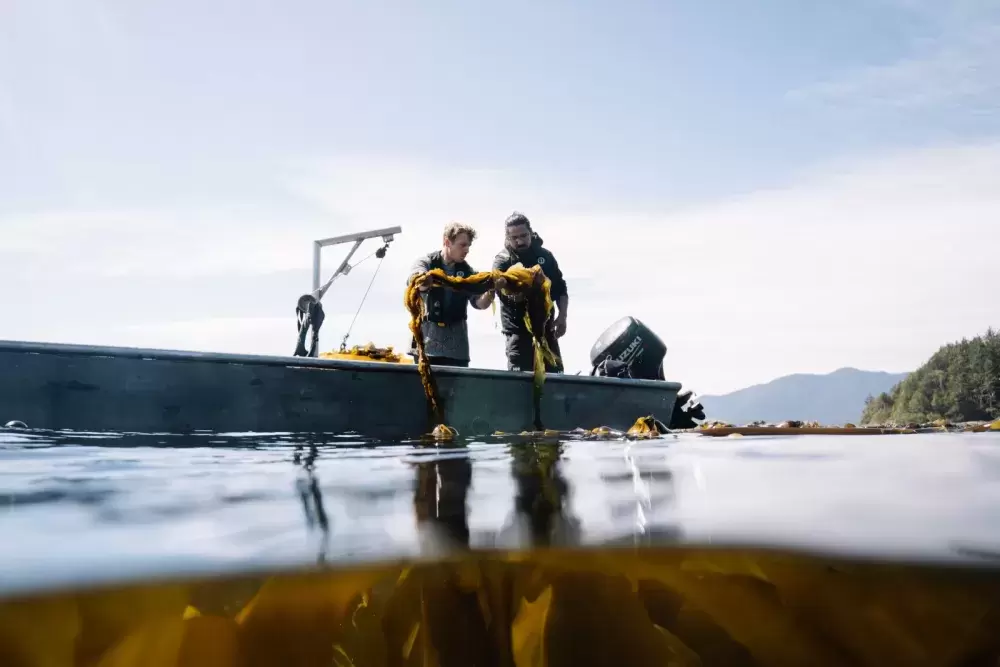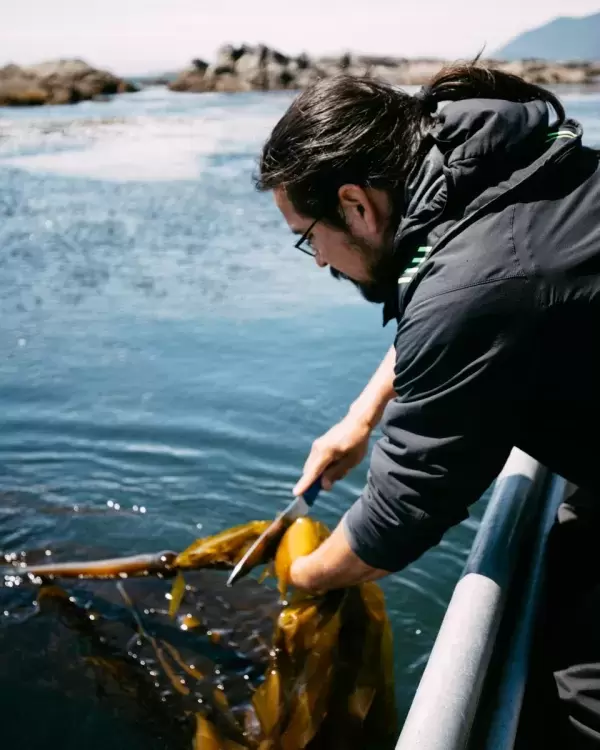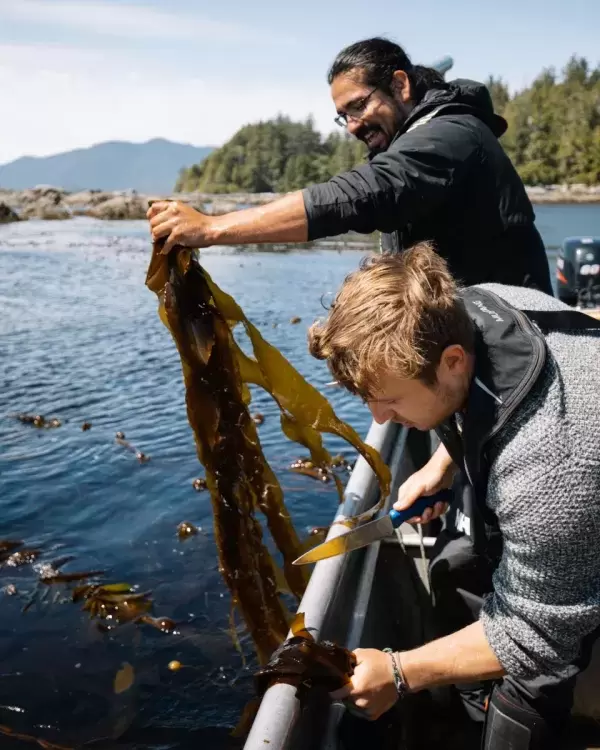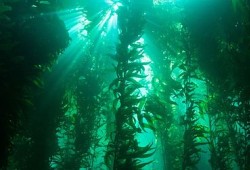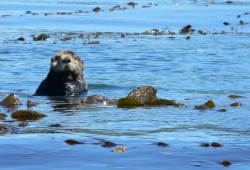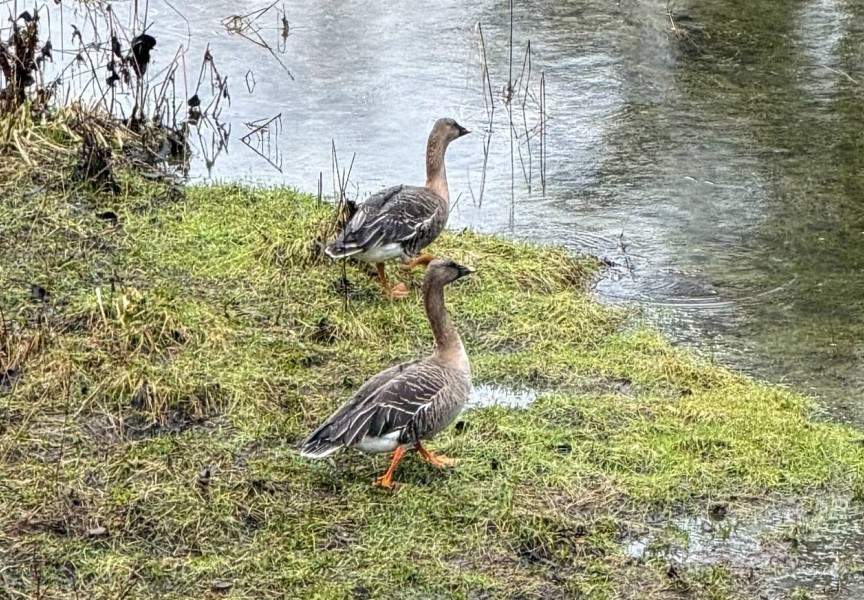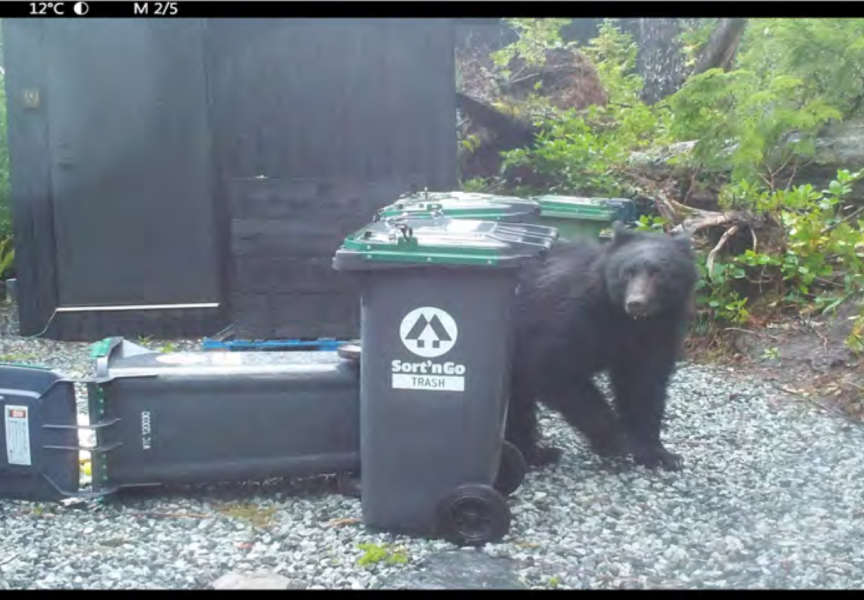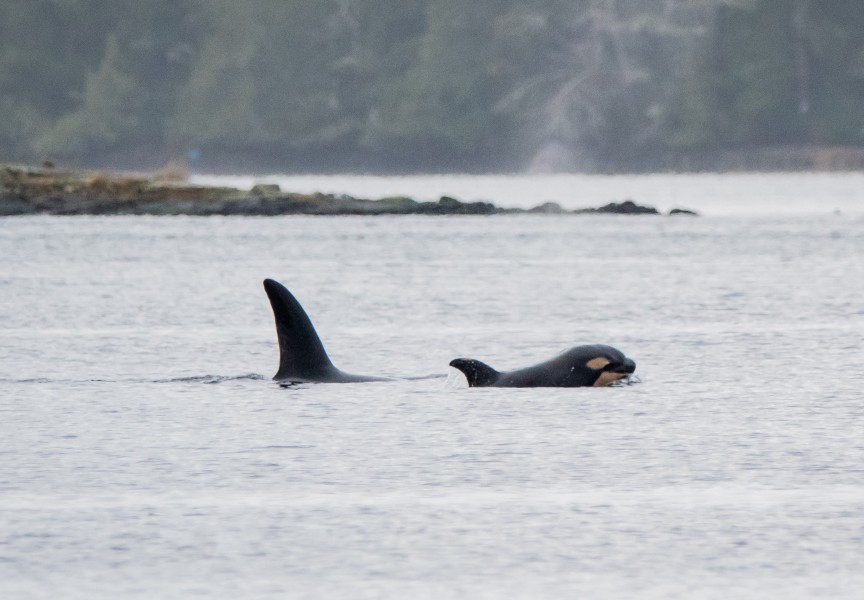Thriving in cool water temperatures, kelp forests cover over a quarter of the world's coastlines, with Canada having the longest, says Marissa Ng, Seaforestation Project Coordinator for Ocean Wise.
Of Canada’s 243,042-kilometre long coastline, British Columbia makes up 25,725.
“In the Pacific Northwest, kelp forests are a foundation species. Similar to salmon, they're important for the health of the coastal ecosystem,” said Ng. “They're also foundation species because they're so abundant up and down the coast and much like forests on land, marine forests - kelp forest - they provide food and shelter for thousands of marine species.”
According to Ocean Wise, 40 to 60 per cent of the world’s kelp forests are in decline.
This decline is due to “ocean warming and urchin overpopulation,” reads a press release from the organization.
Stevie Dennis is co-founder of Naas Foods, which sells organic kelp harvested in Clayoquot Sound. He noted that sea otters, which are a keystone species, were hunted nearly to the brink of extinction by the early 20th century. During this time sea urchins overpopulated and destroyed kelp forests along the coast. When sea otters were reintroduced decades later, near Kyuquot, kelp forests came back, he continued.
With the regrowth of kelp forests, they acted as a nursery and habitat for small fish such as herring, salmon, and rockfish, said Dennis.
“All these things have all been connected forever,” said Dennis.
According to the National Oceanic and Atmospheric Association (NOAA), kelp forests remain threatened by marine grazers, such as sea urchins, when predators are lacking in the area. The mere presence of predators discourages the foraging of a marine grazer.
Due to the cool water temperatures that kelp require for growth, the warming of ocean waters is a significant threat to kelp forests, says NOAA.
According to association, the dense biodiversity within kelp forests form “the basis for a rich ecosystem.”
Dennis, a member of Ahousaht First Nation, has spent his entire life working on the water. From surf instructor to the Canadian Coast Guard to fisherman, he’s always felt his livelihood was connected to the ocean.
“The connection towards myself and the traditional ways that people, let's say, made a living around here, I just fell into suit. It's what I do,” said Dennis.
“As I work within this industry, I learn more and more about how important [kelp] is,” said Dennis, when asked about the importance of kelp to Nuu-chah-nulth culture.
When war was approaching, nations would go to islands that were surrounded by kelp so that enemy canoes were unable to get to shore, said Dennis.
“[Kelp is] a versatile tool that can be used for a lot of different things,” he added.
He said that different types of kelp have been used for food and material, such as steaming fish, making rope and rattles.
Naas Foods currently harvests wild kelp, though Dennis is in the final stages of getting approval for a kelp farm located in Ahousaht territory. With wild kelp, Dennis strictly follows harvesting regulations that contribute to sea kelp sustainability, he said, being careful to not cut too much of the plant and interfere with its growth, which can be 10 centimetres a day.
“It ticks all the boxes in putting your green foot forward,” said Dennis.
Like above-ground forests, kelp presents a possibility to help change the trend of global warming.
“Kelp forests also have the potential to sequester significant amounts of carbon to potentially help mitigate the impacts of climate change,” said Ng. “However, I think there's still a lot of research to be done to actually quantify that.”
Through the Seaforestation initiative, Ocean Wise recently announced the opening of a kelp nursery at the Pacific Science Enterprise Centre in West Vancouver. The project aims to grow and restore kelp while also acting as a research hub by testing the plant’s seed production. By deploying seed restoration efforts can be assessed, while also providing community members opportunities for experience to work in kelp restoration, reads the Ocean Wise statement.
The kelp nursery will be set up outside in a tent with filtered seawater. Ocean Wise will be conducting a variety of tests with different variables that will help kelp grow, while also using what is grown in restoration projects, said Ng.
“At Ocean Wise, we're working to restore kelp habitat for multiple reasons,” said Ng. “Kelp forests protect biodiversity. We also want to support coastal and Indigenous food security and livelihoods, and kelp forests also have the potential to sequester significant amounts of carbon to potentially help mitigate the impacts of climate change.”

